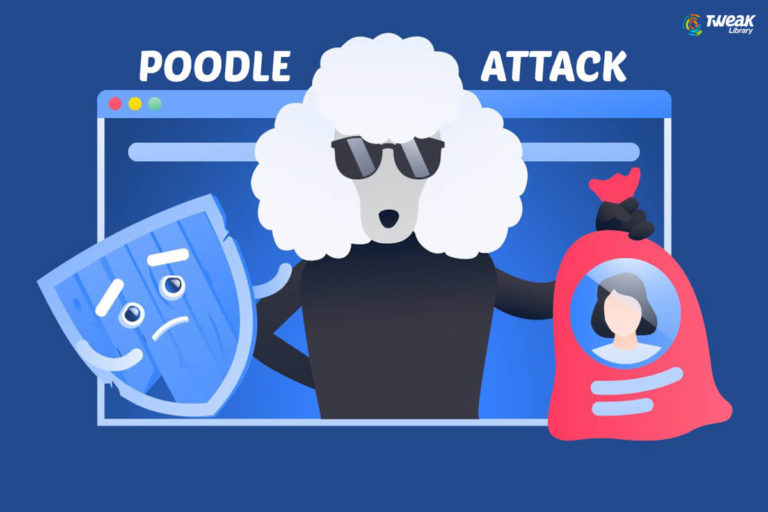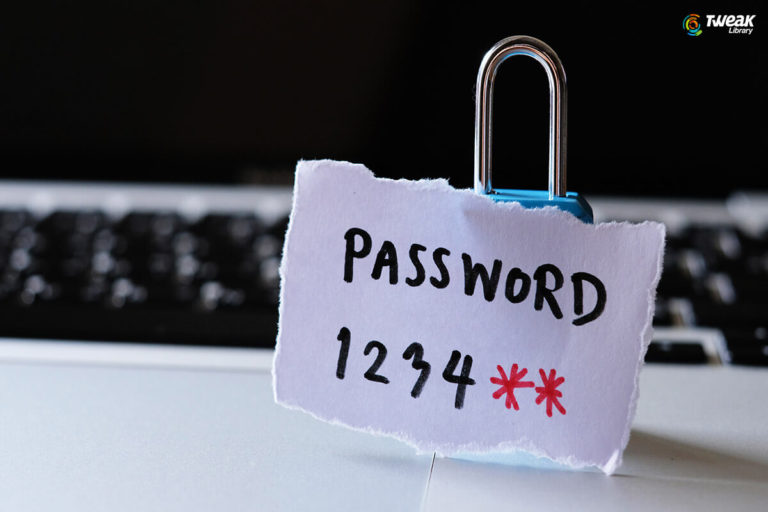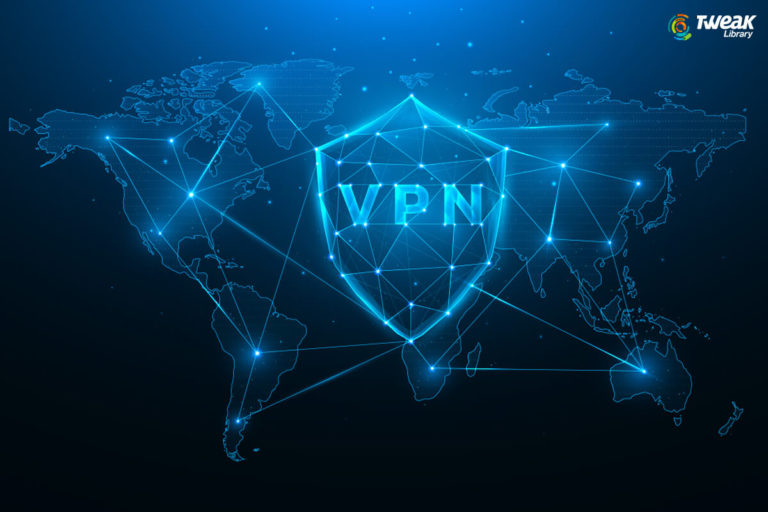We all have heard the word ‘Network Security’. But many of us aren’t aware of what exactly this word means. Network Security is a practice used by most of the organizations to ensure that their data over network is safe and secure. These practices prevent system from any kind of infection or malicious activity. It uses multiple layers of security to keep away any potential threat and blocks inauthentic gateways to keep data and information safe. Network Security includes the authorization of accessing data as well.
There are several types of network security, which are used to protect our data and information over the network. These security practices safeguard your system and stops any malicious content from entering into it. Let us know about these types of network security, which every organization should use.
1. Access Control
Network Access Control (NAC) prevents any unauthorized access on the network. It implies several policies to safeguard the data and prevent system from any running network threat. Not everyone can have access to your network or system, for this, network access control denies network access to unknown or noncompliant devices.
2. Antivirus or Security Software
There are thousands of viruses, trojans, malware, ransomware, etc. out there, looking for a loophole to enter into your system. A good anti-malware software will protect your system from all types of infections and threats. It fixes all the loopholes and scans for all the infections resting in your system. Also, looks out for the shady ones looking for a way to enter and removes them quickly.
3. Data Loss Prevention (DLP)
There are incidences when some of the staffer or some internal source sends private information over the organization network. This may result in creating loopholes for the infections that are ready at the doorstep to enter your system. To prevent this, data loss prevention tools should be used in an organization. It tracks all the information uploaded and downloaded on a network. So, if there is any leakage of data, data prevention tool will let you know about it.
Also Read: Top Cybersecurity Assessment Tools For Networking Professionals
4. Email Security
Emails are a great way to drop malware and infection into the system. It’s the most common and popular method used by malicious actors. To stay protected, there are several practices that should be followed by email service providers to provide encrypted email service to their customers. Email security blocks all the incoming infections and creates a firewall to prevent the loss of data as well.
5. Virtual Private Networks (VPN)
Well, it’s a great way to prevent data loss and keep communications remote. VPN creates a remote way between the device and a network, which can’t be tracked or controlled, as it uses IPsec or SSL technology to safeguard all the communications taking place over the network. VPNs use encryption protocols to create virtual remote connection. Also, it makes it impossible to track location as well.
6. Web Security
As an admin, you need to make sure that no unnecessary, inauthentic or unauthorized information is traded over the network. For this, there are multiple web security software and practices that prevent any malicious content from entering into system through web. As web browser is a common route for hackers to get into the system.
So, this was all folks! This is all you need to know about network security, its types and benefits. In today’s world, network security is the practice recommended to every organization should follow to keep data and internal information safe.
Must Read : 9 Biggest Security Threats of 2019
If you found this helpful, please let us know. You can also drop your feedback in the comment section below.






Leave a Reply